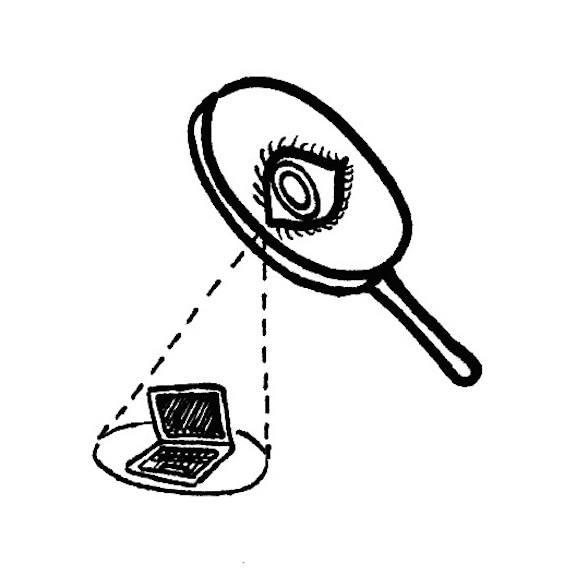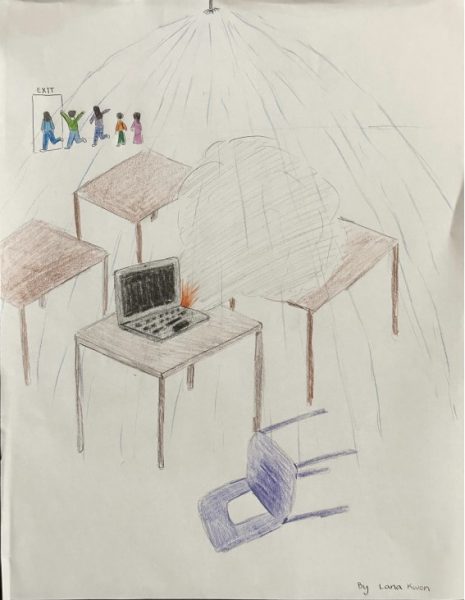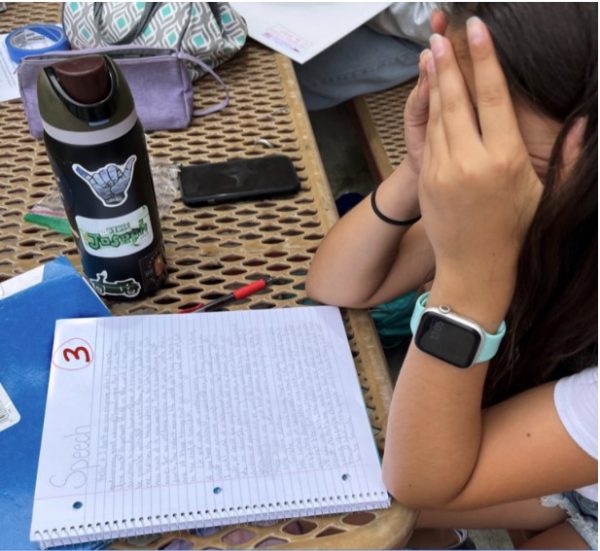Head to Head: Passwords for protection
In order to protect students and provide them a safe environment, some states such as Illinois have passed a law that allows schools to access their students’ Facebook accounts and other social media by demanding student passwords.
Students are bullied everywhere, and most of the time the school does not even know about this until a student has been harmed. Schools reason that access to social media can prevent this danger among students.
“Should the administrator have the right to look at this when it could possibly protect students from harm? Absolutely. I don’t think you will find anyone who will disagree with that,” assistant principal Scott Sodorff said.
Although it is argued that this goes against the First Amendment, which protects the right to free speech, many schools believe that it is essential to protect their students as well. Those who argue that obtaining a student’s social media password violates the student’s privacy cannot deny that doing so provides other students with a safer environment to study and learn in.
“The job of the school is to provide an educational environment where all students can learn. Can students learn when they feel threatened? No, they cannot,” Sodorff said. “Do students learn when they are scared of someone putting them down? No, they focus on that instead.”
According to cnet.com, Illinois legally allow schools to demand students for their Facebook passwords if they feel that other students are being threatened or bullied. Even with this opportunity, no school until now has physically requested a student’s Facebook password.
With the threat that schools are legally allowed to obtain a student’s password, many students refrain from actively participating in negative social media posts, thus lowering the rate of cyberbullying. Currently, nearly 43 percent of students have been bullied online according to dosomething.org.
“There would be a potential [decrease] if students were aware that the school could look and determine if those kinds of things were going on,” history teacher Karen Briner said. “If there was some kind of opportunity, it might deter students from putting a message on there that might have negative consequences to [other students].”
This reasoning strongly supports the idea that bullying will decrease if students are aware that they are being monitored outside of school. Many think that anything they do outside school will not affect their school life in any way. According to dosomething.org, 80 percent of teens use cell phones on daily basis making it an easier medium for cyber bullying. In addition, 81 percent of teens believe it is easier to get away by cyberbullying in comparison to bullying in person.
“I would support it if it were to come into place in our school,” sophomore Amy Joo said. “The only negative it has is privacy, but at times I think protection of others is more important.”
Although obtaining social media passwords comprises a privacy that most students do not want to lose, the practice also helps the students who are being bullied throughout the schools.
Your donation will support the student journalists of Woodbridge High School. Your contribution will allow us to purchase equipment and cover our annual website hosting costs.

Hey guys!
My name is Ashna and I’m the A&E editor this year. A&E includes all the performing and visual art events at school, as well as many...







